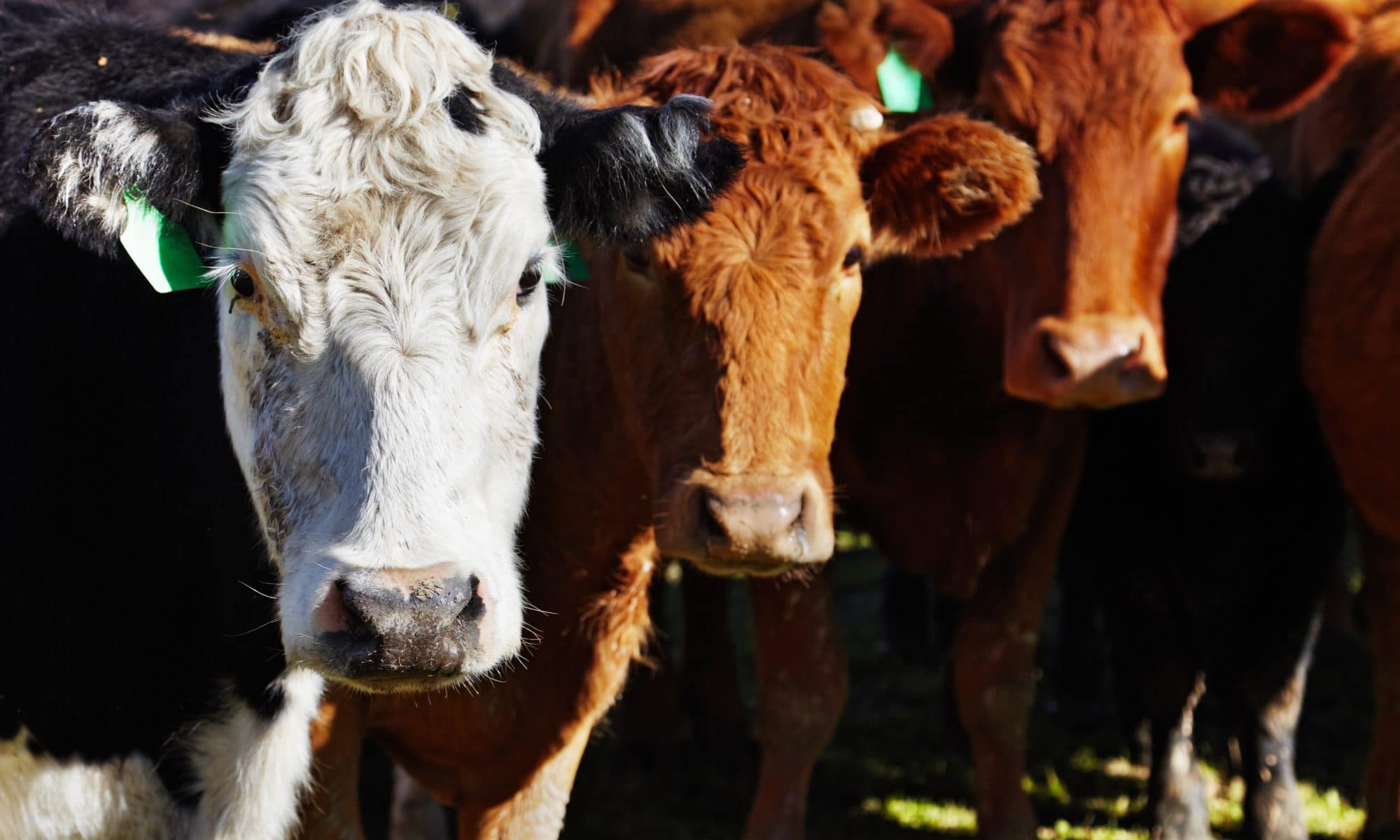January exports of U.S. beef were significantly higher than the large totals of a year ago, according to data released by USDA and compiled by the U.S. Meat Export Federation (USMEF).
Beef exports totaled 105,486 metric tons (mt) in January, up 9 percent year-over-year, while export value surged 21 percent to $624.4 million. Exports accounted for 12.4 percent of total beef production in January, up slightly from a year ago. For muscle cuts only, the percentage exported increased from 9.5 percent to 10.1 percent. Beef export value averaged $293.06 per head of fed slaughter, up 14 percent year-over-year.
For muscle cuts only, beef exports reached 80,495 mt (up 15 percent) valued at $555.7 million (up 23 percent). Pork export volume increased 5 percent to 164,189 mt, while value climbed 9 percent to $454.2 million. Beef variety meat volume fell 5 percent to just under 25,000 mt, but value increased 7 percent to $68.8 million. Pork variety meat exports dropped 16 percent in volume (39,299 mt) but still managed a 2 percent increase in value to $91.5 million.
January export results were solid overall and were especially strong for muscle cuts,†said USMEF President and CEO Dan Halstrom. “Despite the decline in variety meat volume, export value continued to increase. This underscores the important contribution variety meats deliver for producers and for everyone in the U.S. supply chain.â€
Asian Markets Continue to Shine for U.S. Beef
U.S. beef continued to gain momentum in the Japanese market, with January exports increasing 7 percent from a year ago in volume (23,968 mt) and 19 percent in value ($148.6 million). This included a 30 percent increase in chilled beef exports to 12,411 mt, valued at $92.4 million (up 38 percent). Frozen exports declined 13 percent in volume (8,141 mt) but increased slightly in value ($33.1 million). Frozen U.S. beef entering Japan is subject to a 50 percent safeguard tariff, which is scheduled to revert back to 38.5 percent on April 1, the beginning of the new Japanese fiscal year. Benefiting from a bilateral trade agreement with Japan, frozen beef from Australia is subject to a duty of 27.2 percent. This rate will decline to 26.9 percent on April 1.
Other January highlights for U.S. beef included:
Exports to South Korea, which reached a record $1.2 billion in 2017, increased 13 percent from a year ago to 17,133 mt, while export value soared 34 percent to $122.3 million. This included a 54 percent increase in chilled beef exports to 3,954 mt, valued at $36.9 million, up 63 percent. Through the Korea-U.S. Free Trade Agreement (KORUS), the duty on U.S. beef was reduced to 21.3 percent on Jan. 1, about 5 percentage points lower than Australia’s rate for this year and down significantly from the pre-KORUS rate of 40 percent.
Following large shipments in the fourth quarter of 2017, exports to Hong Kong slowed in January, but still easily exceeded last year’s totals, increasing 41 percent from a year ago in volume (10,493 mt) and 53 percent in value ($79.8 million). Exports to China, which resumed in June after a 13-year absence, hit a new monthly high of 819 mt in January valued at $7.5 million.
Exports to Taiwan posted impressive gains in January, increasing 17 percent in volume to 4,207 mt. Export value increased 41 percent to $42 million.
Led by solid gains in Indonesia and Vietnam, exports to the ASEAN region climbed 22 percent in volume (3,108 mt) and 13 percent in value ($15.9 million).
Strong results in Chile and Colombia fueled beef exports to South America, which increased 90 percent in volume (3,307 mt) and 65 percent in value ($13.9 million).
Exports to Central America jumped 40 percent in volume (1,082 mt) and 32 percent in value ($5.9 million), led by a strong performance in Guatemala and larger variety meat shipments to El Salvador.
Beef exports to Africa were mostly variety meat in 2017, but January produced a large increase in muscle cut exports to Angola and South Africa. As a result, total exports to Africa were up 19 percent in volume (954 mt) and surged 88 percent in value to $1.4 million.
